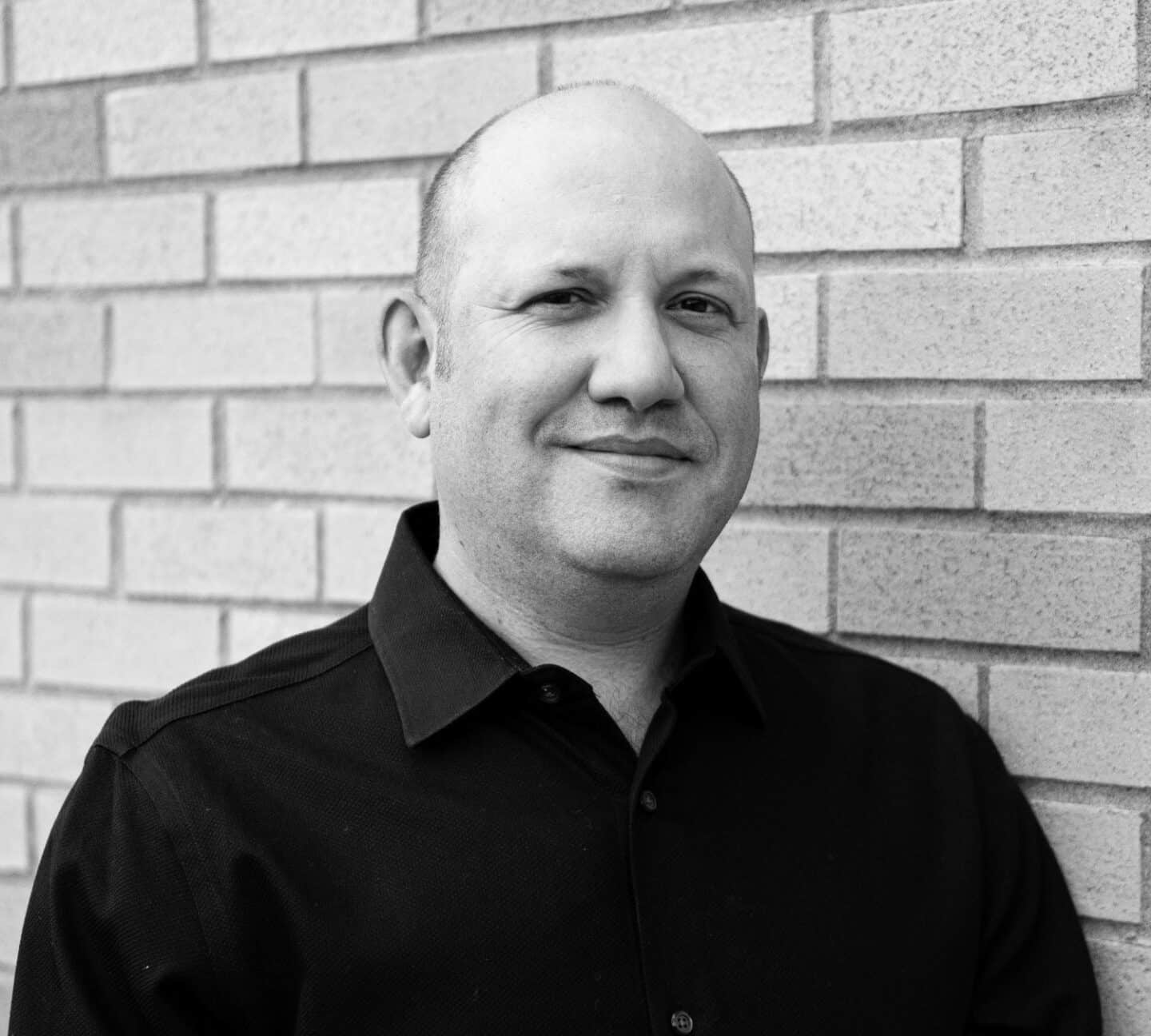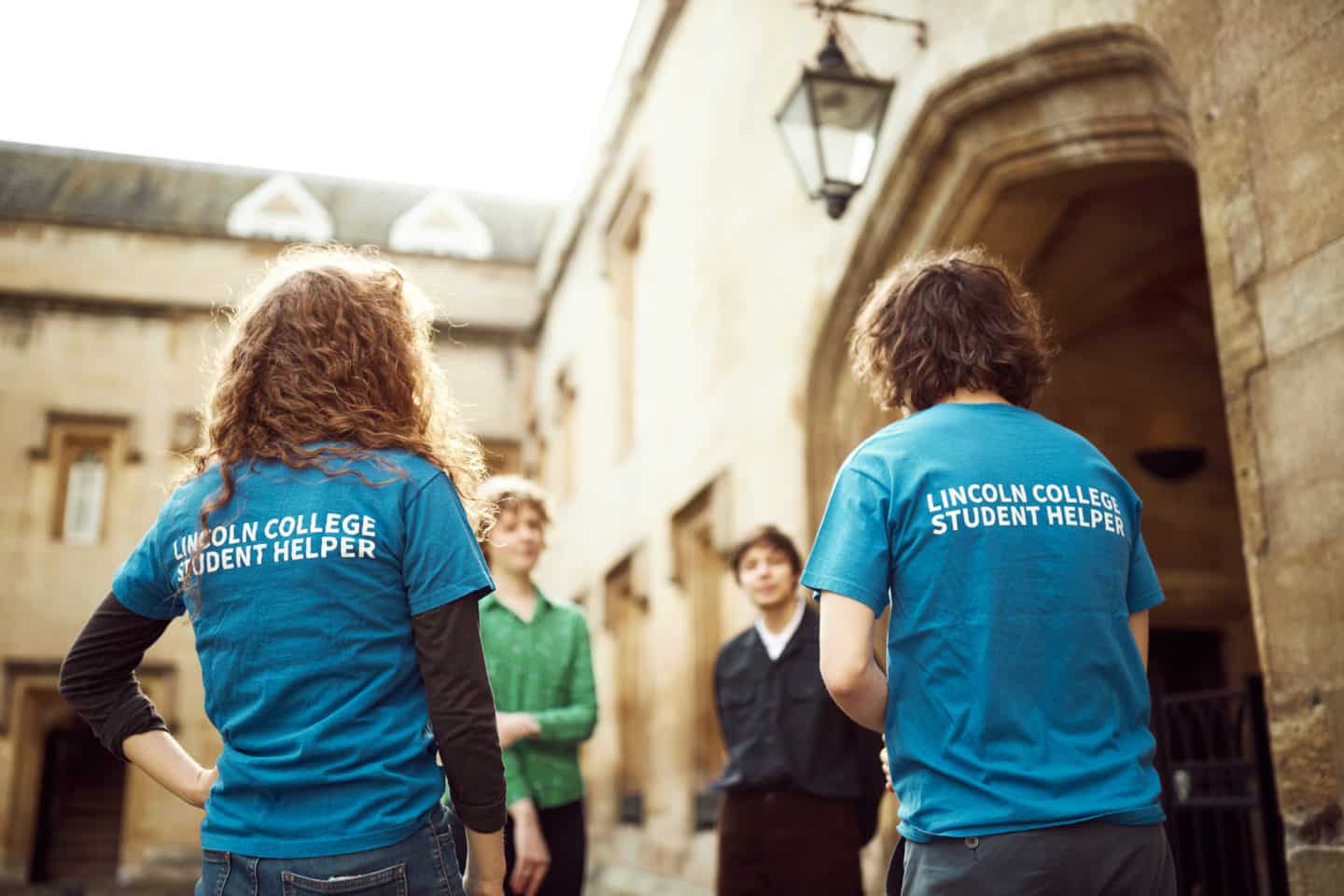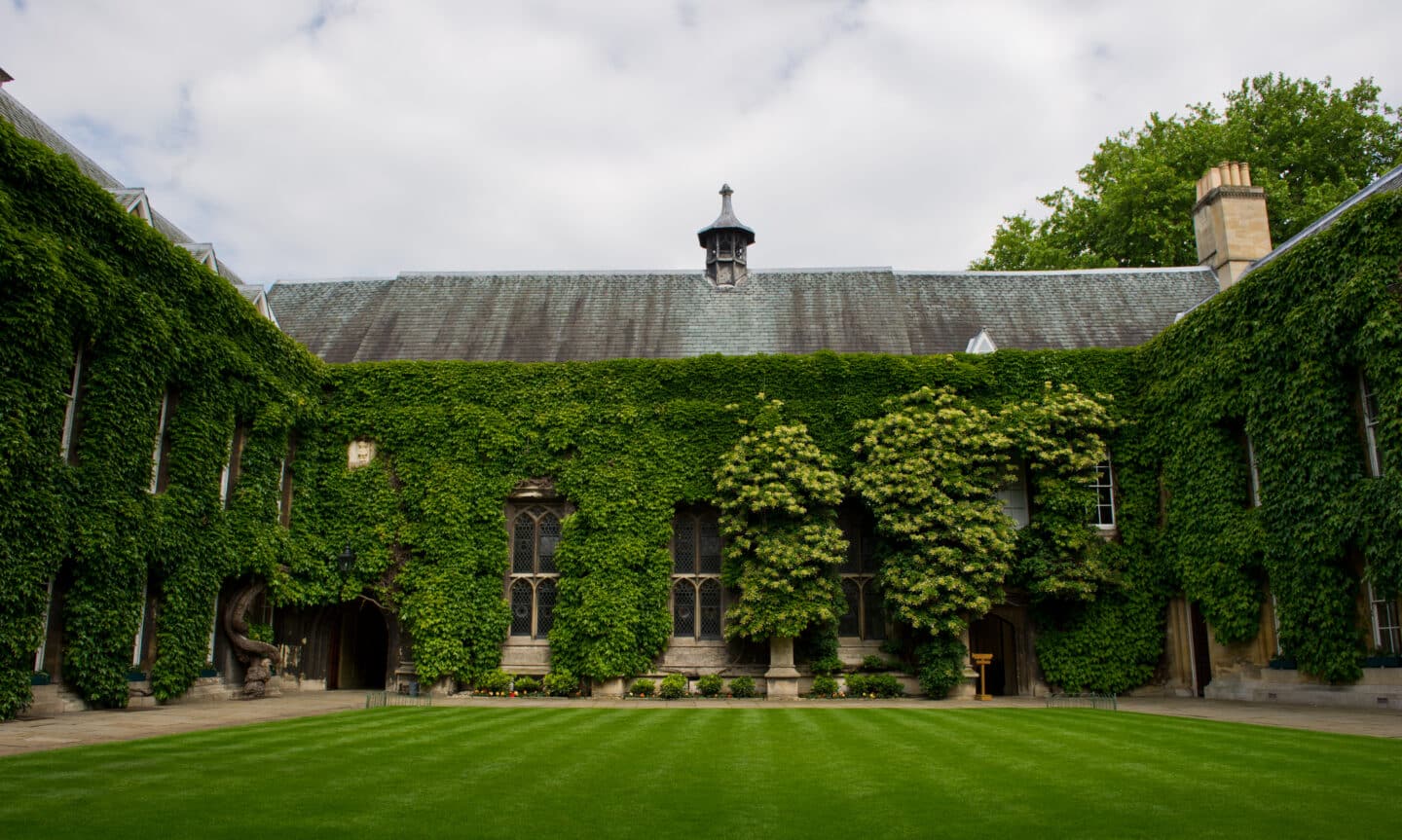
Mathematics
- Years 4
- Places 8
- Tutors 4
- Ucas Code G100
- Grades A*A*A
In Applied Mathematics we use mathematics to explain phenomena that occur in the real world. You can learn how a leopard gets its spots, explore quantum theory and relativity, or study the mathematics of stock markets.
The course
We admit students for both the three- and four-year courses in Mathematics, and the joint school of Mathematics and Statistics. Students attend university-wide lectures at the Mathematical Institute. The first year contains core courses while the second year contains a mix of core and optional courses. During the first two years, lectures are accompanied by College tutorials (2-3 students), which focus on your solutions to problem sheets, together with advice from the college tutors. In the third and fourth years there are a wide range of options; at this point lectures are supplemented by intercollegiate classes.
Why study Mathematics at Lincoln?
Having four tutors in mathematics at Lincoln allows us to offer tutorials in pairs in all of the mathematics topics in the first two years, rather than larger classes, and hence to pay special attention to the progress of our students. Whether it’s in introducing you to new topics, answering your questions, or checking your work, all Lincoln tutors aim for one thing: academic excellence. Our results in recent years have demonstrated the success of this approach with a number of University Prizes for finalists while in the last two years, eight of thirteen finalists have graduated with a first class degree.
Lincoln also has a reputation as a friendly college and the mathematicians are no exception! The size of the Maths cohort at Lincoln is large enough that you are sure to find like-minded mathematicians but small enough that you will get to know each other well.
Admissions
At Lincoln, candidates have two 25-30 minute interviews with two tutors. The aim of this interview is to see how you think, rather than what you have already been taught. In many ways the interview is like a tutorial and our aim is to see if you will flourish in the tutorial system. For a flavour of the type of question you might be asked, you may find the Mathematical Institute's interviews page helpful.
Applicants to this subject must sit an admissions test. For more information, please visit the central Oxford University site here.
While our offers are based exclusively on A level results (or their equivalent), we encourage all prospective students to do as much mathematics as they can; STEP papers are one good way of preparing for the admissions test and interview.
Find out how to apply here.
Meet the Tutors

Professor Dominic Vella
Tutorial Fellow in Applied Mathematics

Professor Qian Wang
Tutorial Fellow in Pure Mathematics

Professor Louis-Pierre Arguin
Tutorial Fellow of Complex Systems



